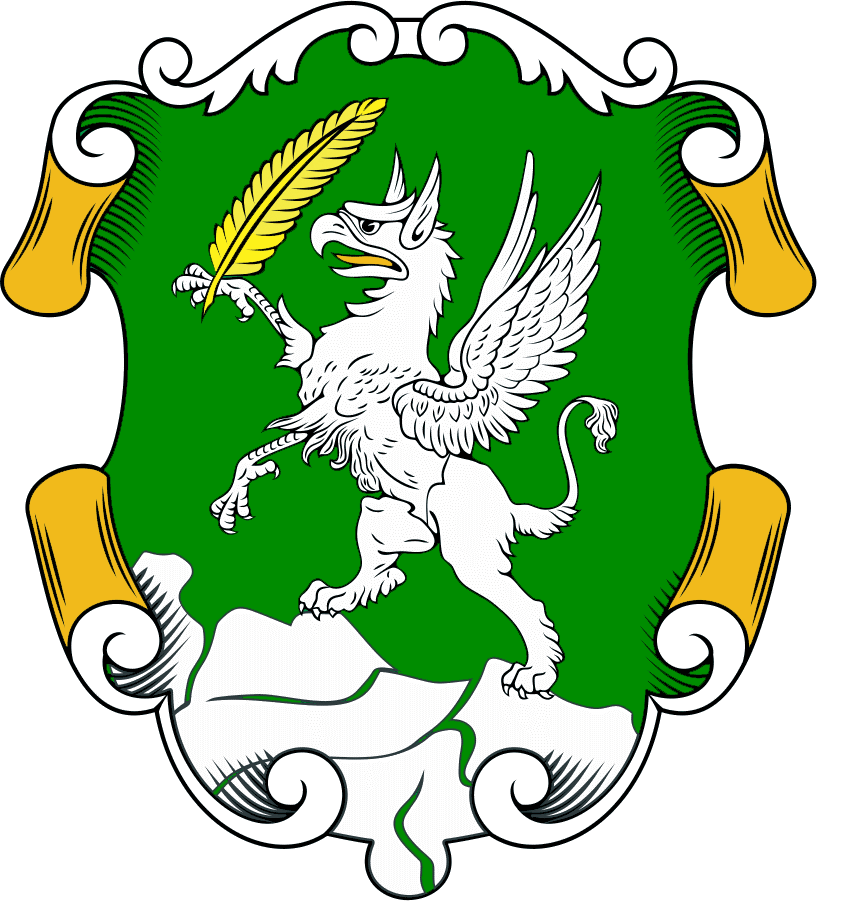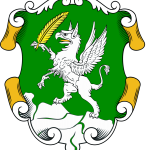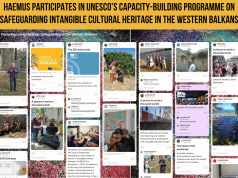
The 3rd scientific conference
Methodology and Archaeometry
2-4 December 2015, University of Zagreb, Faculty of Humanities and Social Sciences
The scientific conference Methodology and Archaeometry is being organised by the Department of Archaeology, Faculty of Humanities and Social Sciences since 2013. The goal of the conference is to entice interdisciplinarity, critical thinking, new insights and approaches as well as new theoretical frameworks in contemporary archaeological science. Coverage of a wide spectrum of themes and scientific disciplines has resulted in papers and discussions that promote scientific issues in the fields of methodology, documentation and interpretation of archaeological data. The interdisciplinary character of the conference brings together archaeologists and researchers from other scientific disciplines with whom archaeologists collaborate closely; and who – through their work, projects and ideas – promote new insights about interpretation of the human life in the past.
Section Methodology
Obtaining and collecting data is the essential part of the archaeological research process. How we collect and interpret data defines the validity of our interpretation. We use different techniques, approaches and tools which help us to reconstruct the past processes and to give more objective and comprehensive picture of the past. Contemporary interpretation tools alleviate and speed the data collection and also provide us with countless possibilities of interpretation, protection and presentation of archaeological sites and the landscapes encompassing them.
Therefore, the main questions this session is aimed to address are:
1. How to gather and extract maximum data from the archaeological investigation?
2. Which documentation technique is most efficient in interpretation and reconstrucion
of the past?
3. Non-destructive methods
4. Methodology of field surveying
5. 3D documentation – possibilities of interpretation
6. Database in archaeology
7. Heritage protection
Section Archaeometry
Having in mind limited information we obtain from archaeological excavations and from the classification of archaeological material, cooperation with other scientific disciplines becomes unnecessary to obtain as much information as possible on the conditions and the way in which the humans lived in the past. Contemporary archaeology is very heterogeneous discipline encompassing interest groups focused on various periods, regions, theoretical frameworks and methodological techniques. Aside from the description of mechanical and physical features of specific artifact or material, various arhaeometrical analysis help us to direct our scientific focus to questions regarding the ways and features included in the social and cultural life of people who made, used, exchanged and discarded those objects. Coopeartion with the natural sciences provides answers to many questions, but also demands an additional level of caution when selecting adequate scientific analysis for specific archaeological problem as well as continuous cooperation of the specific expert and archaeologist from collecting the samples to final interpretation.
The main question of this session are:
1. Problems in the interpretation of the results of archaeometric analysis
2. What kind of methodology is necessary in archaeometric studies?
3. What kind of archaeological questions we can investigate through petrographical
analysis?
4. Case studies of different archaeological material analysis
◌◌◌
Please send the summaries of your oral presentations by October 15th 2015 (maximum 300 words) together with Your information to the e-mail address metarh@ffzg.hr so that we can finalize the conference programme. All summaries will be published in the abstract book and available at the web site of the conference.
The official language of the conference is English. There is no registration fee.
This year’s conference has been financially supported by the Croatian Archaeological Society and the Department of Archaeology, Faculty of Humanities and Social Sciences of the University of Zagreb.





